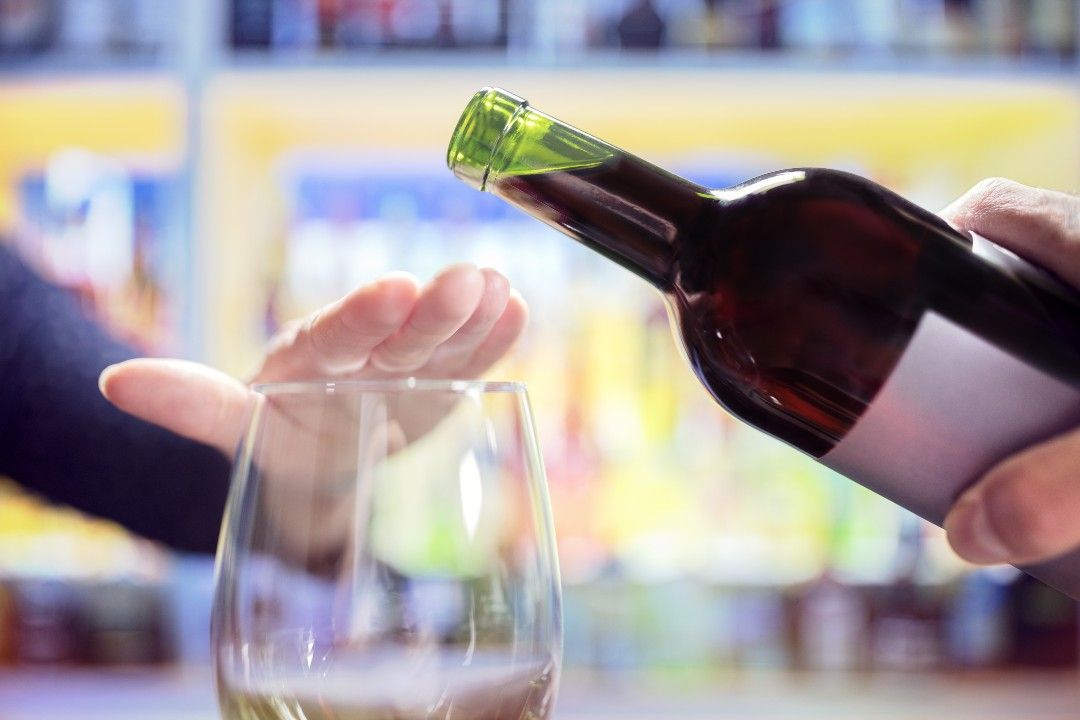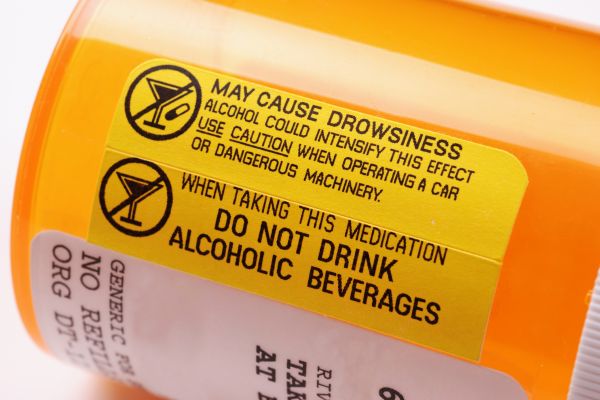Be careful about using alcohol to cope with stressful times.
One-third of the participants in a study admitted to binge drinking during the pandemic, while 60% of all participants said they drank more due to COVID-19 stress and drank more often than they did before the pandemic.
While having a cocktail, glass of wine or beer with dinner or during a socially-distanced night out with friends might not seem like a big deal, the American Society of Clinical Oncology (ASCO) suggests alcohol could play a bigger role than you might think in the development of cancer. Alcohol consumption is a known risk factor for developing cancers of the head & neck, esophagus, liver, breast, colon and rectum.
ASCO says heavy and moderate drinkers face an increased risk of developing those cancers — with “moderate” drinking classified as one drink per day for women and two drinks per day for men. If you drink less than daily, you’re not free of risk, but your risk is reduced.
If you smoke in addition to drinking, your risk increases dramatically, and in the case of esophageal cancer, the alcohol could make your airways even more susceptible to damage from tobacco smoke.
If you’re currently in treatment, you’re advised to stay away from alcohol: Your body already is operating differently as chemotherapy, medication, radiation and other treatments are introduced. Adding substances like alcohol can impair the effectiveness of these cancer-fighting therapies and complicate surgical outcomes while also inhibiting your body’s ability to heal. Furthermore, if you continue to drink after being diagnosed with cancer, it might increase the odds of a recurrence after treatment.
Drinking to excess also poses other health risks, including cirrhosis, in which liver cells are damaged and replaced with scar tissue. Although cirrhosis can lead to liver cancer, only about 20% of cirrhosis cases in the United States are caused solely by drinking.
There are plenty of eye-catching, flavorful drinks that look like alcoholic beverages but instead are made with fruit juices, fresh herbs and other healthy ingredients. But if you really want to have a drink, remember the often-repeated advice: “Everything in moderation.”



